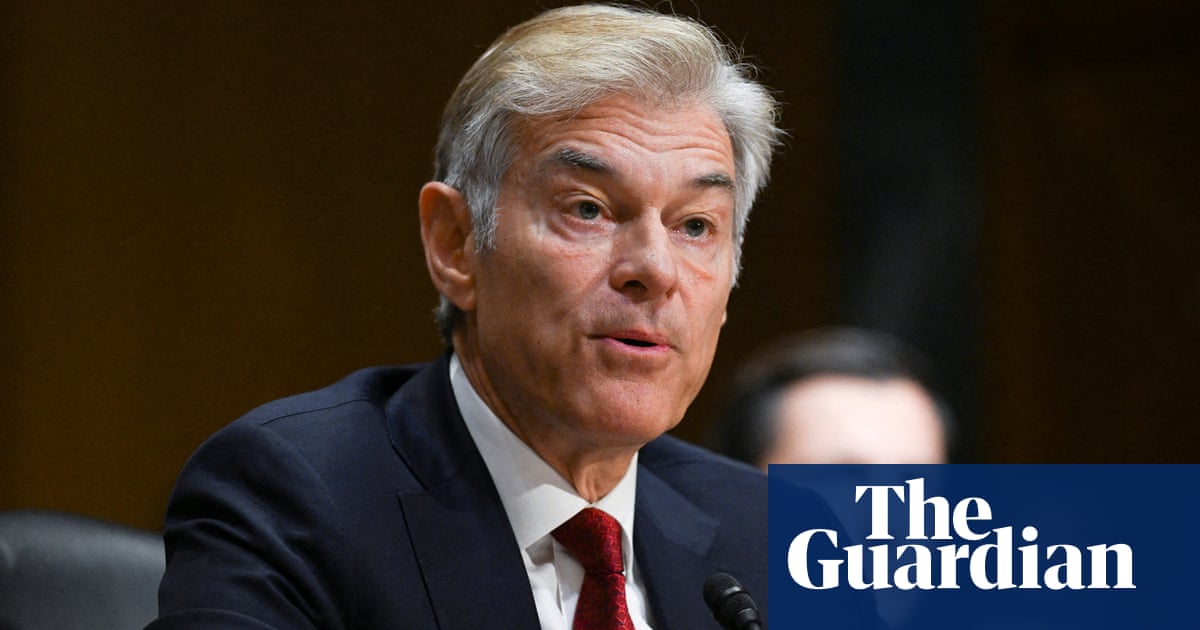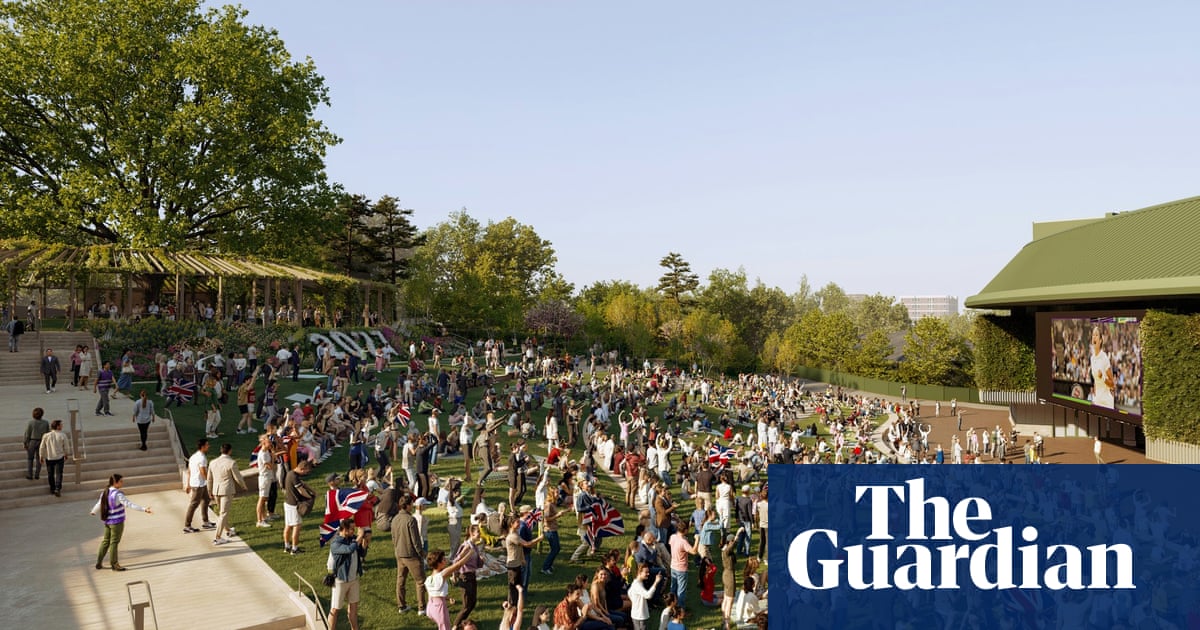After five months in office, Labour knows where it wants to take the country; but it does not know how to get there. In this, and despite radically different priorities, the Labour government resembles the Conservative one that preceded it. Boris Johnson found in the end that he could not make modern Britain work in the way he wanted. Now, today, it is Keir Starmer’s turn.
Starmer’s “plan for change” speech at Pinewood Studios last week was a recognition of the problem. British government, said Starmer, is “broken”. It was a striking admission, but also true in many ways, prisons and social care prominent among them. Starmer responded by announcing five-year targets in key policy areas – the economy, housing, health, policing, early years and energy. But this was not enough. Starmer’s answer does not measure up to the problem that confronts him.
It is facile to say that this failing can simply be explained by lack of ideological purity. Many Conservatives certainly thought Johnson was not rightwing enough. Many in Labour make the equal and opposite charge that Starmer is insufficiently leftwing. But these were, and are, lazy claims. They explain nothing that is useful or true.
Johnson’s failure and Starmer’s struggles are not caused by lack of commitment to their respective causes. Nor are they caused by an absence of personal determination – certainly not in Starmer’s case. Instead, although there are other factors, the most prominent and important cause is the broken and unmodernised nature of the British state.
In some of our neighbouring countries, debate about the state of the state is a very familiar part of politics. France has a political tradition that still routinely asserts the importance of the republican state as an embodiment, among other things, of its post-1789 anticlericalism. In Ireland, the state is frequently invoked in public debate, this time reflecting the nation’s evolving independence from Britain over the past century.
Britain, by contrast, almost never discusses the state of the state, from the monarchy and the House of Lords at the top, through to the bureaucracy of Whitehall and the postcode lottery further down the line. The word “state” seems almost taboo, avoided either as suspiciously intellectual or tantamount to communist or fascist. As a result, we never think about its health. I do not recall a single significant speech by a government minister about the British state in modern times. Which is why the speech this week by the influential cabinet minister Pat McFadden was so striking.
McFadden’s was headlined as a speech about “reform of the state”. This itself was unusual enough. But the word “state” also appeared in it 11 times, always in a meaningful context. The reference that got most media attention was the suggestion that the state should think more like a business startup, which led to comparisons between McFadden’s approach and that of Dominic Cummings in the Johnson era. But the observation with most implications was “the state cannot afford to be left behind”.
This is a real and present danger. In some respects, it has already happened. Ministers cannot pull levers and know their wishes will be carried out. Some of this is lack of competence. Some is the result of deliberate decisions that reduced the state’s capacity to act effectively – on matters including health, welfare, training and criminal justice. National security has also been cut back. The imbalance between national, devolved and local government is destructive. More than any other recent event, Covid exposed the extent of the damage. At the moment when the safety of the nation demanded the highest response from the state, it was found wanting.
Yet the state is also more than a set of mechanisms and institutions, important though these undoubtedly are. It is more than Whitehall, more than the civil service and certainly more than the public sector. In some ways, it may be better to think of the state in human and national terms. We are part of it, whether we work for the government or not. It helps to hold us together and make us safer, and we are able to exercise our freedom because of it, not in spite of it.
McFadden’s speech did not go into this Hobbesian or Spinozan territory. But at least it named the problem – the need to reform the state. He also took a capacious view of what the state actually is, at times eliding the concept of state and country in ways that are surely part of any necessary answer. And, to his credit, he made an admission – far too rare for a politician – that he hadn’t “got all this figured out from beginning to end”.
Starmer keeps repeating how vital it is to rescue the idea that politics can change lives for the better. He is right about that. Yet telling civil servants to work harder and more creatively will not achieve this. Nor, even if it happens, will the passing of milestones in policy delivery. If in doubt, he can ask Rishi Sunak to remind him about how useful those are.
Starmer’s premiership is crying out for a much stronger, richer and more confident national narrative. Despite the globalised economy, the nation state remains the fundamental driver of politics and government in every nation on Earth. The success or failure of every national government pivots on the state of the state, not just in security terms, but in economic, social and even cultural terms.
Look at this week’s spectacular events in Syria. Syrians did not identify with the Assad state. But if they can identify with the state that replaces it, then immense change is possible. Something comparable, albeit on a far less dramatic level, is also true of Britain. McFadden’s speech was hardly a landmark event. But it opened the door to a better way of doing politics than the Starmer government has managed thus far.
-
Martin Kettle is a Guardian columnist

.png) 3 months ago
39
3 months ago
39













































